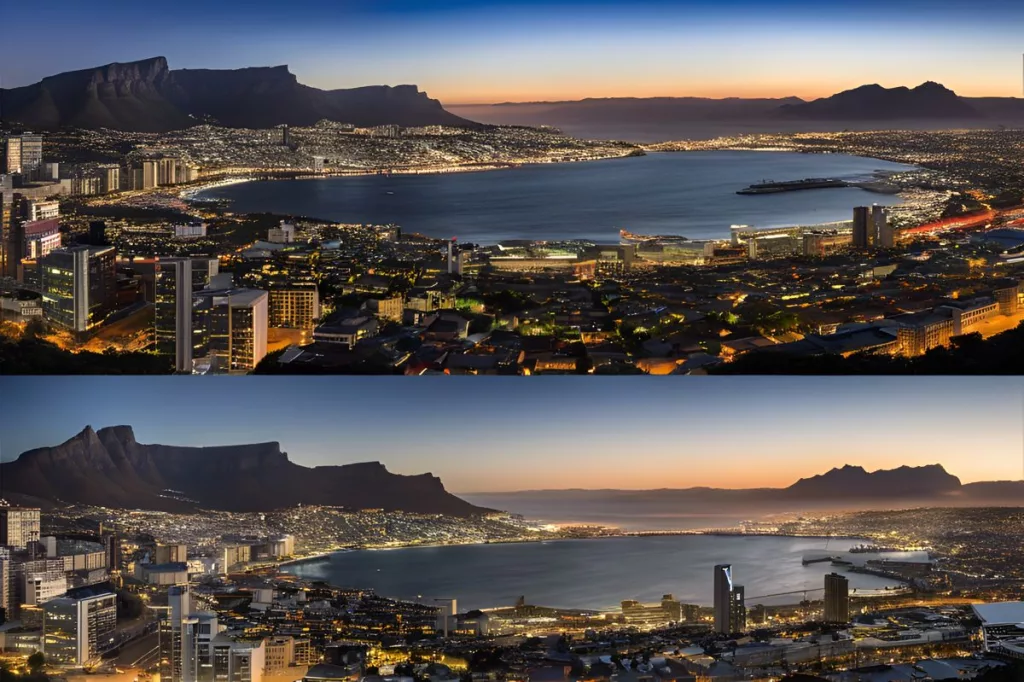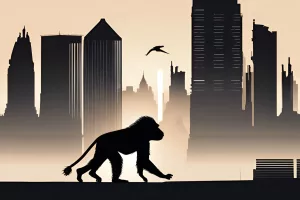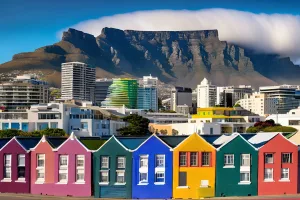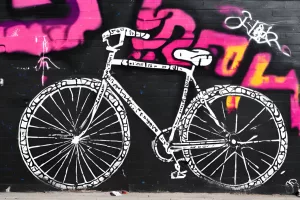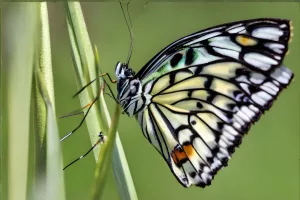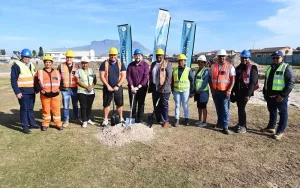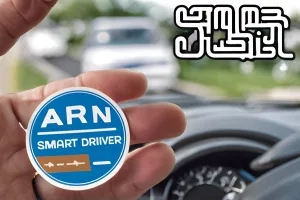Cape Town’s Comprehensive Infrastructure Development Plan is a groundbreaking initiative that will transform the city with a massive investment of R39.5 billion towards infrastructure development. The project is estimated to generate 130,000 constructionrelated jobs over three years, benefitting lowerincome households and rectifying socioeconomic disparities. Cape Town’s innovative funding approach blends financing from its balance sheet and local and international markets, positioning the city at the forefront of urban development initiatives in South Africa.
A baboon went on a journey from the Cradle of Humankind to the city of Johannesburg, causing anxiety among citizens. The baboon crossed roads and towns before being hit by a vehicle and ultimately euthanized due to serious injuries. This incident highlights the conflict between urban development and wildlife conservation, emphasizing the need for understanding and respecting boundaries between the two.
Cape Town’s Building for Jobs Budget is a groundbreaking initiative that focuses on propoor infrastructure investment, committing R39.5bn to underserved sectors over the next three years. The budget prioritizes communitycentric development, with 75% of the proposed R12bn investment benefiting lowerincome households. The initiative aims to generate 130,000 constructionrelated jobs and reshape Cape Town’s narrative, striving to dismantle the unjust past and plot a path towards a more balanced future. Through this budget, Cape Town aspires to become a City of Hope, adhering to its longterm vision.
The debate continues in Cape Town on balancing urban structure and safety in cycling paths. Initially, hailed as an efficient transport network, crime has transformed these paths into epicenters of unlawful activity. The city has decided to close numerous cycling paths and pedestrian walkways, but citizens are invited to engage in the decisionmaking process for a democratic outcome. Despite the closures, there is hope as residents can lease the land and convert it into gardens, reflecting the city’s ongoing adaptability and resilience in confronting adversity.
The endangered Barber’s Cape Flats Ranger butterfly, with a population of only fifty, is found exclusively in Strandfontein and is under threat due to plans for a multilevel development project in the area. The proposed development could increase traffic, which is already causing butterfly deaths due to collisions and pollution, leading to the loss of the butterfly species and disturbing the ecological function of the area. The potential consequences of these development plans go far beyond the butterflies, affecting other animals that inhabit the increasingly fragmented habitat and calling for immediate conservation actions.
Cape Town is ushering in a new era of affordable housing with the Bonteheuwel Infill housing project, which will provide 273 modern housing units by the end of 2025. The project is a symbol of the city’s dedication to providing dignity and human settlements for its citizens, with a fair and transparent allocation process. This architectural marvel embodies the Breaking New Ground statesubsidised houses and is a beacon of hope for future housing schemes, driving Cape Town closer to its objective of becoming a city for all.
Cape Town’s ‘I am a Smart Driver’ initiative is a driving program that promotes responsible and sustainable driving among city fleet drivers. The program requires training for all drivers and has already resulted in significant fuel savings, reduced CO2 emissions, and improved road safety. The program is a concrete city initiative that is monitored through advanced technology to track driver behavior, fuel usage, and safety records. It serves as a model for other cities to follow in fostering environmentally friendly practices and sustainable urban development.

